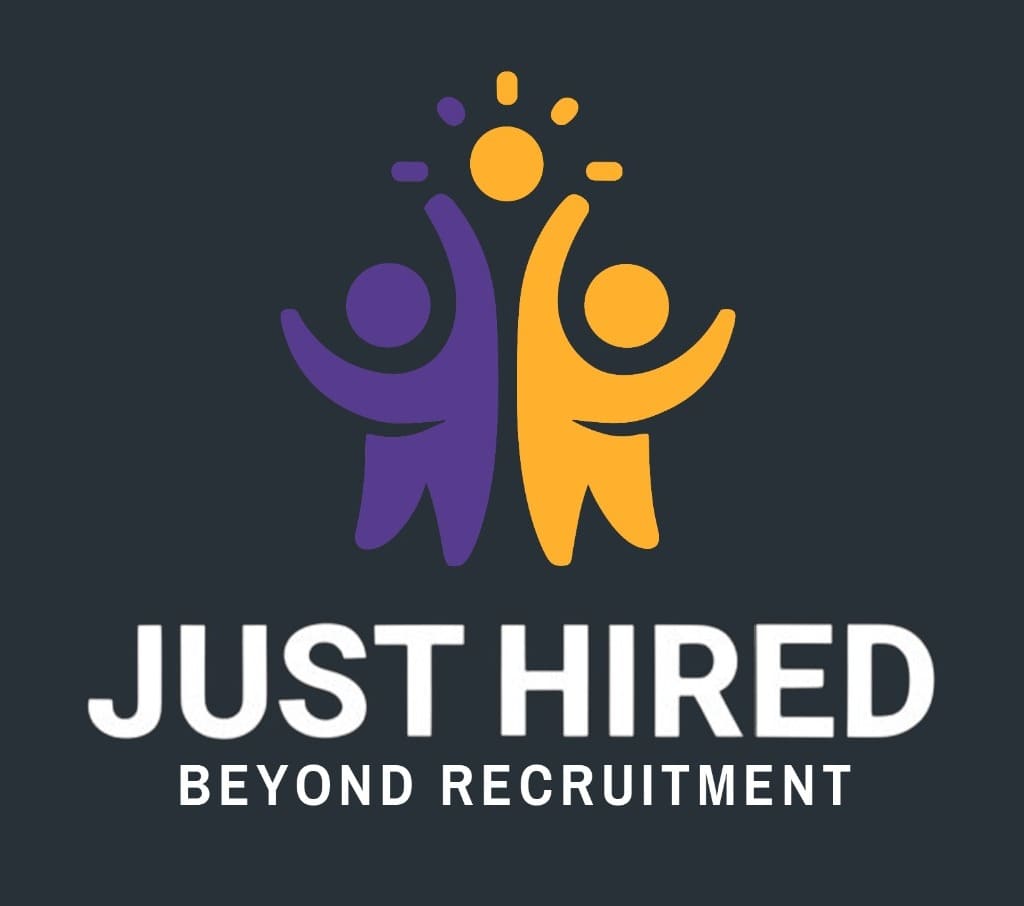Introduction: In today’s dynamic and ever-evolving work landscape, staying ahead of the curve is essential for both businesses and professionals. The future of work is not a distant concept but a reality unfolding before us. In this blog, we’ll delve into the latest trends shaping the workplace and explore effective strategies for success.
Embracing Remote Work:
The traditional office setup is undergoing a revolution, and remote work is at the forefront. The rise of advanced collaboration tools and a global shift in mindset have made remote work a viable option for many organizations. As businesses adapt to this change, fostering a culture of flexibility and providing the right technological infrastructure become paramount.
The Gig Economy’s Influence:
The gig economy continues to redefine how work gets done. From freelance professionals to project-based collaborations, businesses are tapping into the vast pool of independent talent. Understanding how to leverage the gig economy can provide companies with a competitive edge, offering agility and access to specialized skills when needed.
Upskilling and Reskilling Initiatives:
As technology advances, the need for upskilling and reskilling has become more apparent. Companies are investing in training programs to equip their workforce with the skills required for the jobs of the future. Likewise, individuals are recognizing the importance of continuous learning to remain competitive in their respective fields.
Artificial Intelligence in the Workplace:
Artificial Intelligence (AI) is not just a buzzword but a transformative force in the workplace. From automating routine tasks to enhancing decision-making processes, AI is revolutionizing various industries. Businesses that embrace AI strategically are poised to improve efficiency, reduce costs, and gain a competitive edge.
Employee Well-being as a Priority:
The well-being of employees is no longer a secondary consideration. Organizations are acknowledging the significance of fostering a positive work environment that promotes mental health, work-life balance, and overall well-being. Employee-centric policies and initiatives contribute to higher morale, productivity, and retention rates.
Diversity, Equity, and Inclusion (DEI):
A diverse and inclusive workplace is not just a moral imperative but a business necessity. Companies are increasingly recognizing the value of diverse perspectives and experiences. Implementing DEI initiatives is crucial for attracting top talent, fostering innovation, and building a positive company culture.
Conclusion:
The future of work is marked by flexibility, technological advancements, and a focus on holistic employee well-being. As we navigate this evolving landscape, businesses and individuals alike must stay agile, embrace change, and adopt strategies that position them for success. Whether you’re a company adapting to new workforce trends or an individual looking to thrive in the modern workplace, understanding and embracing these trends will be key to unlocking the full potential of the future of work.
